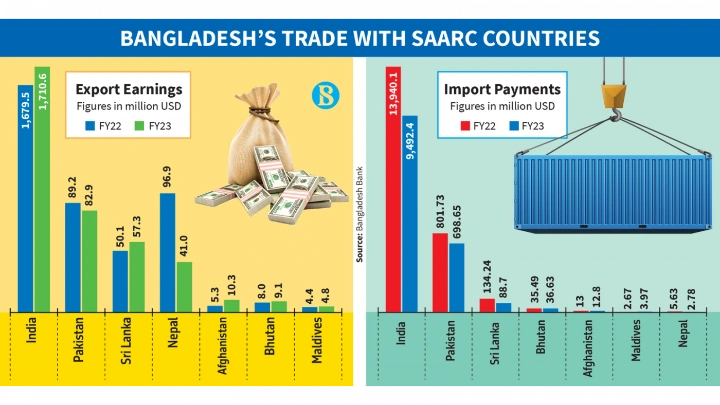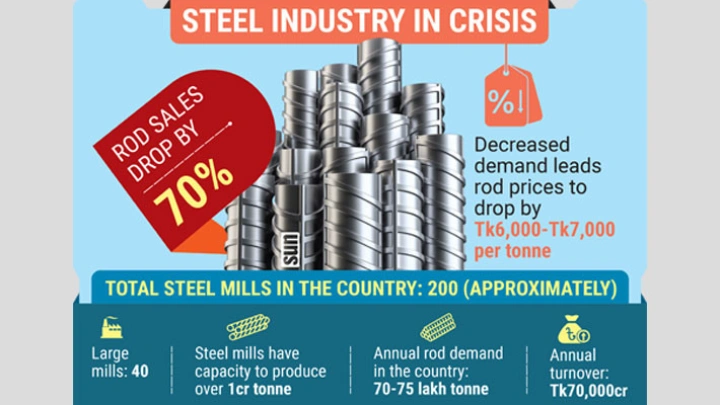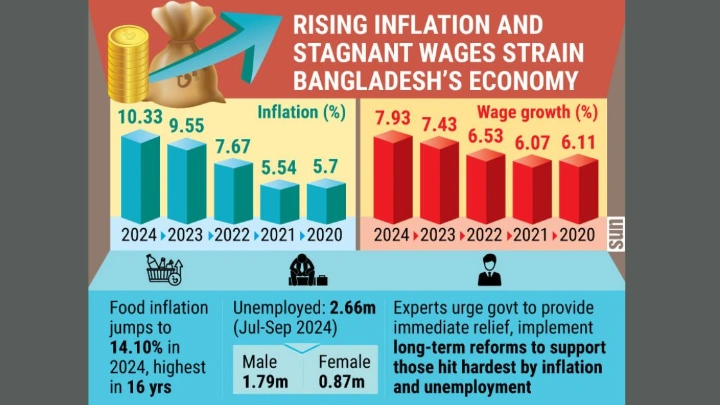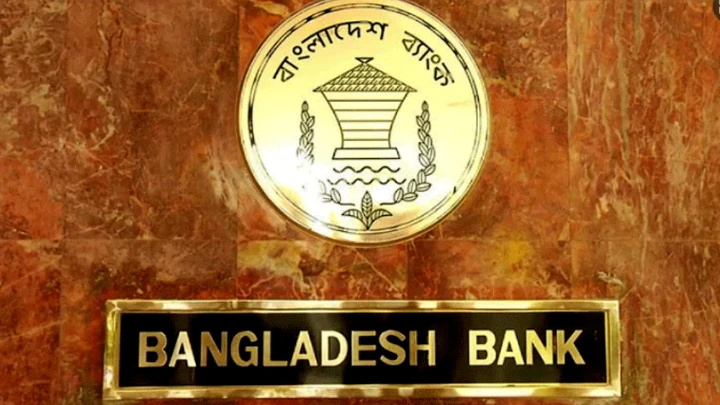In FY23, Saarc countries accounted for 3.44% of Bangladesh’s total exports, with Europe and the United States being the major destinations, according to central bank data
Bangladesh’s trade with Saarc countries falls in FY23
TBS || Shining BD
Bangladesh's trade – both imports and exports – with the member countries of the South Asian Association for Regional Cooperation (Saarc), is declining.
According to a Bangladesh Bank report published yesterday, total export earnings from Saarc countries decreased from $1.93 billion in FY22 to $1.91 billion in FY23, indicating an almost 1% decrease. Saarc countries include Afghanistan, Bangladesh, Bhutan, India, the Maldives, Nepal, Pakistan, and Sri Lanka.
In FY23, Saarc countries accounted for 3.44% of Bangladesh's total exports, with Europe and the United States being the major destinations, according to central bank data.
Bangladesh's overall exports grew by 6.28% year-on-year, reaching $55.55 billion in FY23. Despite this positive growth, exports to Saarc countries underperformed. On the import side, Saarc countries did not fare well either, accounting for only 15% of Bangladesh's total import payments.
The total import payments in these countries decreased from $14.93 billion in FY22 to $10.34 billion in FY23, reflecting a decline of 31% during the period. Due to various restrictions imposed by the central bank to tackle the dollar shortage, overall imports declined by 15.76%. This means the imports from Saarc countries fall at a faster pace than the overall performance.
When asked why Bangladesh's trade with Saarc countries is decreasing, Fahmida Khatun, executive director of the Centre for Policy Dialogue, said, "Due to the dollar crisis, our overall imports have already decreased somewhat. However, our comparative and competitive advantage in trade with Saarc countries is low.
"That is, these countries produce similar products, limiting opportunities for import and export. Bangladesh also lacks specialised products that are unique and in demand in these markets, further dampening demand for our goods."
Apart from import or export tariffs, there are many factors, including ease of doing business, port facilities, and laboratory capabilities, that hinder trade growth, said the economist.
Exports to Nepal fall while those to India, Sri Lanka rise
Export earnings from Saarc countries showed a mixed trend. Bangladesh's export receipts from countries like India, Sri Lanka, Afghanistan, and Bhutan have increased slightly but decreased from Nepal and Pakistan.
According to the central bank report, export earnings from India witnessed a considerable increase to $1.71 billion in FY23 from $1.68 billion in FY22, showing a growth of 1.85% over the financial year.
On the other hand, export earnings from Pakistan decreased significantly from $89 million in FY22 to $83 million in FY23, indicating a drop of 7.07%.
Moreover, export earnings from Nepal decreased dramatically from $97 million to $41 million, witnessing a momentous drop of 57.71% in FY23 over FY22.
Export earnings from Sri Lanka increased from $50 million in FY22 to $57 million in FY23, reflecting a growth of 14.30%. Meanwhile, other Saarc countries experienced positive and negative growth.
Imports from India fell by $4.45 billion
Among the Saarc nations, the distribution of import payments is as follows: 92% to India, 7% to Pakistan, and the rest to the remaining five countries.
The report said that import payments to India fell from $13.94 billion in FY22 to $9.49 billion in FY23. That is, imports from India have decreased by about 32% in a span of one year.
Abdul Matlub Ahmad, chairman of Nitol Motors and president of the India-Bangladesh Chamber of Commerce and Industry, told TBS, "Our imports from India have decreased due to two reasons. First, we have already reduced our overall imports due to the dollar crisis. At the same time, our exports to India have also decreased. Second, domestic demand in our country has decreased due to inflation."
"The demand for both domestic and Indian products has decreased, resulting in reduced imports. Additionally, India's intermittent bans on importing various products, including onions, have also impacted total imports," he added.
Overall import payments to Pakistan fell from $802 million in FY22 to $699 million in FY23. Imports from Sri Lanka also dropped to $89 million in FY23 from $134 million in FY22.
However, Nepal has shown fluctuating and decreasing import payments from Bangladesh in recent years, whereas Bhutan has demonstrated an upward trend in import payments during the period under review.
Import payments from Afghanistan also declined to $12.80 million in FY23. The Maldives, on the other hand, saw a slight increase in import payments from Bangladesh.
Shining BD






















